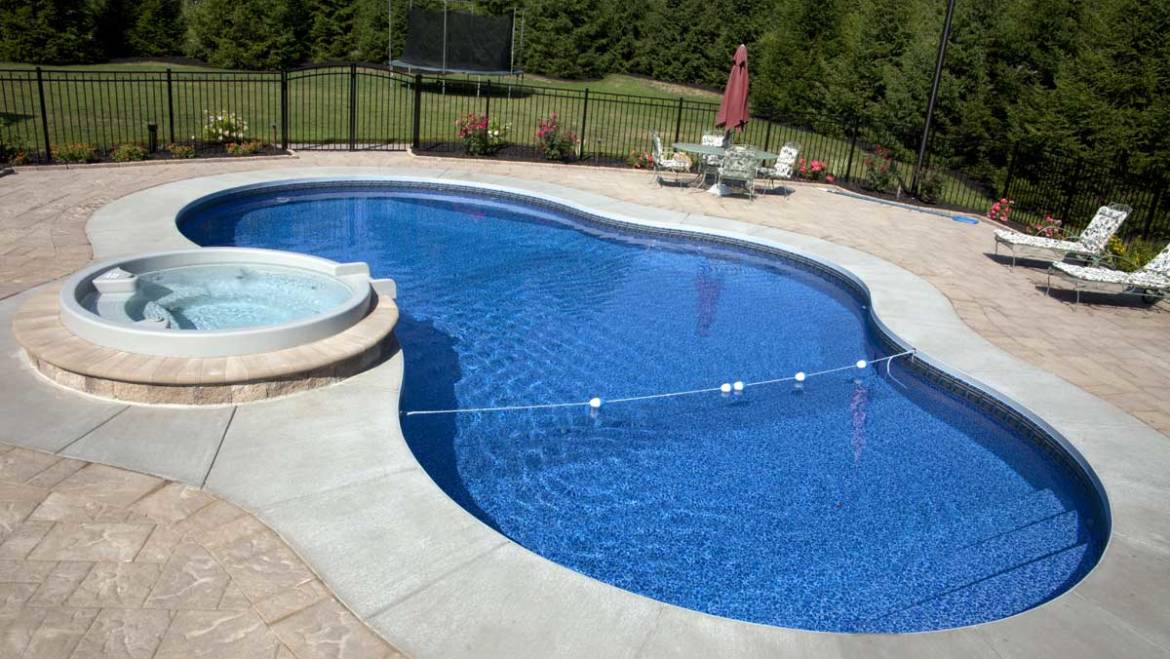Did you know closing your pool too early is a bad thing? If the weather is warm in your area, you may be asking too much of your chemicals. Believe it or not, closing your pool for the season shouldn’t be about convenience; it should really be about timing. If you close your pool too soon, the winter protection chemicals you’ve added will often not last until spring. The reason is that your pool chemicals are consumed much faster in hotter temperatures versus in cooler temperatures. This can, in turn, cause algae blooms and staining in your pool. Not to mention it can also lengthen your spring opening and clean-up time due to severely unsanitary pool water. With unsanitary pool water conditions for the next pool season, you’ll have 2 options:
- Drain out all your pool water and refill it with fresh clean water
- Increase the number of chemicals and operating costs typically used to reopen a swimming pool
However, both options can be costly and this is a situation that we want to help you avoid. If the weather in your area is still warm and will continue to stay warm for a significant amount of time, you will want to keep your pool open and maintained normally. As previously mentioned, closing your pool in the warmer temperatures is a bad idea because your chemicals simply can’t sustain the entire summer, autumn and winter seasons. If the water is still fairly warm, algae will begin to grow and the chemicals won’t last through the winter and into early spring.
You can close your pool once the temperature of the water remains consistently below 65°F. Make sure to get your water tested by a pool professional so you can put the correct chemicals in your pool as well as the precise amount. Keep in mind that the procedure for closing your pool for the season differs greatly from standard pool maintenance. There is nothing wrong with closing your pool yourself, just make sure you have the proper instruction to do so in order to experience an easy pool closing and opening.
